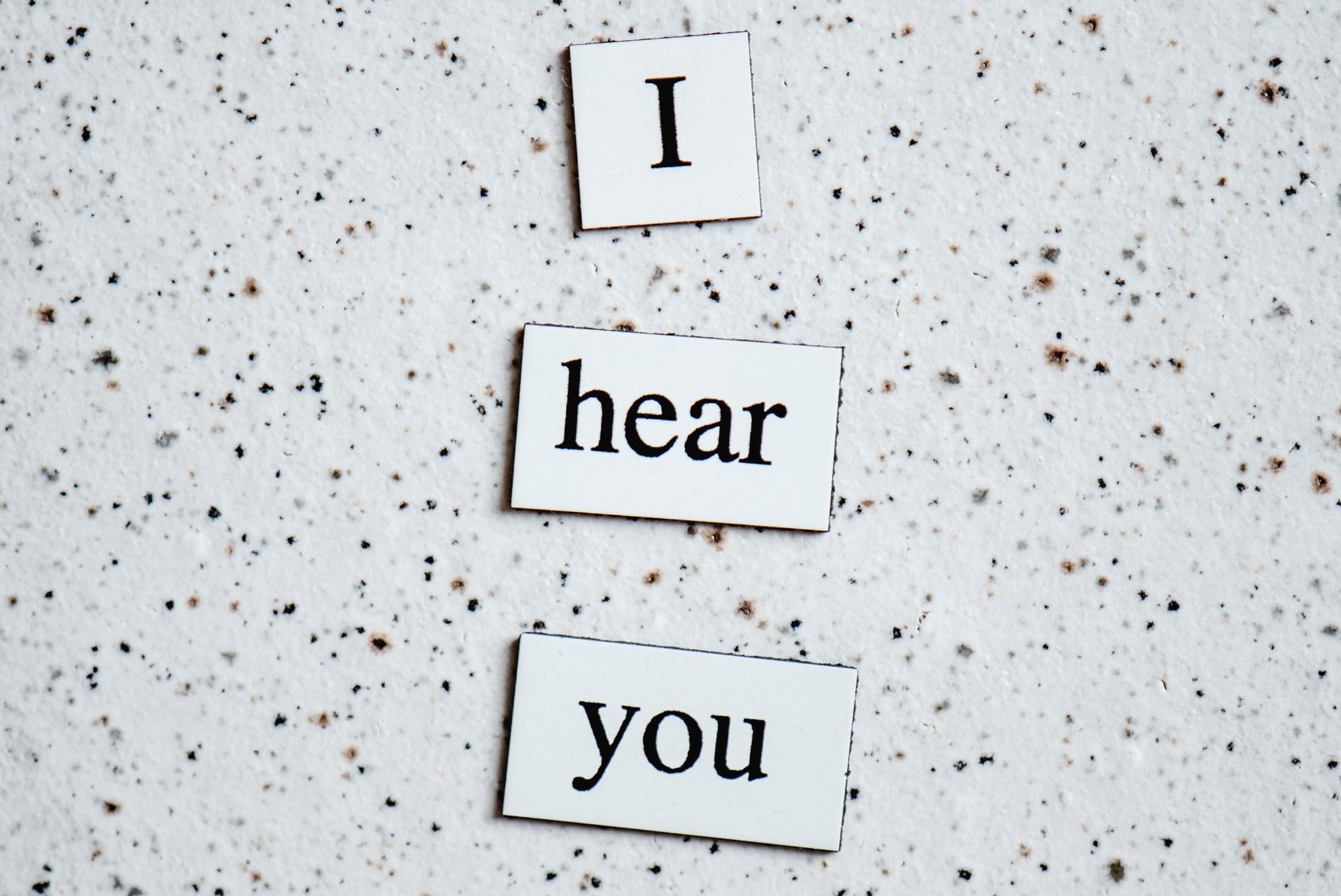
If you have tinnitus and are still struggling with your symptoms, you may have already tried many treatments and remedies to no success. The trial and error required in managing tinnitus can be particularly frustrating, as repeat visits to your doctor or audiologist can be expensive. This is before you even factor in the cost of the treatments themselves.
Although many people find certain therapies such as Cognitive Behavioral Therapy (CBT) and Tinnitus Retraining Therapy (TRT) helpful, treatments of this sort require a significant dedication of time and money. Courses are usually only effective if you commit to many months of regular treatment, and costs can quickly rack up. This might be off-putting if you’re thinking about embarking on one of these therapy courses, especially as there’s no guarantee that they’ll work for you.
In addition, some people’s finances simply won’t allow for a trial and error of expensive therapies. If this is you, don’t worry — there are still many promising options for people who aren’t looking to break the bank.
Let’s explore some of the best home remedies for tinnitus that might help to reduce your symptoms.
Contents
First: Find Out What Your Tinnitus Triggers Are
One of the simplest (and cheapest) things that you can do to manage your tinnitus is to avoid things that you know will trigger your tinnitus.
For some people, their tinnitus is intermittent (it comes and goes). The fluctuations in their tinnitus might be random, but often this form of tinnitus is triggered by certain stimuli. For others, their tinnitus is constant and they’re always experiencing some sort of noise, but usually still with some degree of fluctuation where their tinnitus gets louder or less noticeable at certain times and in particular situations.
Whatever the nature of your tinnitus, get to know what makes it worse, and try to avoid those things. Tinnitus can occur in a ‘vicious cycle’ — when your tinnitus is bad you feel more stressed and anxious, which in turn makes your tinnitus worse; therefore, avoiding the trigger completely can have more than a short-term beneficial effect. Avoiding triggers can prevent negative emotions from disturbing your daily life, and the happier and calmer you are, the easier tinnitus management becomes overall.
Potential triggers might include exposure to very loud noise (from things like construction sites and heavy metal concerts), certain medications (such as aspirin) which you should discuss with your doctor, a poor diet and certain lifestyle habits (including smoking and alcohol consumption), or a lack of sleep.
Get Rid of Earwax
Some people report that their tinnitus feels worse when their ears are full of wax. While it can be tempting to try and clean your ears at home, never try to remove the actual earwax yourself with your finger or a cotton bud as this can push earwax further into the ear canal, leading to impaction. This will likely make your tinnitus worse and can cause hearing loss if not treated.
Your ears should naturally clear wax on their own, slowly pushing it out the ear for you to wipe away. However, if you are having issues you can make effective ‘ear drops’ at home using olive oil, which can help prevent a build-up. Two or three drops, twice a day for one to two weeks is normally enough, and the wax will hopefully then come out by itself.
Hopi candles are sometimes used as a home remedy for ear wax removal, and while some people claim them to be highly effective, they do pose a serious risk to health.
If you have a serious issue with earwax blocking your ear, you should get the help of a medical professional to remove it safely.
Manage Stress Levels

As we mentioned before with the ‘vicious cycle’, tinnitus has a strong link to stress. Despite this, some people are surprised to find that stress management methods equip them with a way to control their tinnitus for life.
Although it remains controversial as to whether stress can cause tinnitus on its own, it can certainly trigger symptoms and make the ringing sound louder for some individuals.
People with tinnitus often find that their stress threshold is lower than it used to be before tinnitus. This means that it is particularly important for tinnitus sufferers to understand their stress levels and work to improve their quality of life and prevent the exacerbation of other mental health issues.
Find hobbies and activities that you find relaxing. What acts as a stress-releaser won’t be the same for everyone, so take some time to figure out what works for you. Tinnitus is often a mysterious and confusing condition, so whether you’re helped by activities such as painting, reading, going to the cinema, taking part in sport, and meeting up with a friend, or more unconventional hobbies, carve out some ‘me time’ in your schedule.
While there are antidepressants available for tinnitus sufferers, people don’t always find them to be effective, and they often come with troublesome side-effects. Finding ‘natural’ or socially-based methods of stress control is preferred by many who see them as a safer, long-term solution.
Give Up Smoking
Smoking has a detrimental effect on all areas of your health; these detrimental effects can even include tinnitus.
Smoking has a negative effect on your tinnitus in two ways — by harming blood flow to the sensitive nerve cells that control your hearing and by acting as a stimulant (known to make the ringing, buzzing, or whistling even louder).
Quitting smoking can be a difficult thing to do, but the benefits are unquestionably worth it. The negative impact smoking has on your hearing health will reduce as soon as you give up smoking, and your overall health will start to drastically improve.
Play Background Music or Sounds (Tinnitus Sound Therapy)
If you’d like to find a way to shift your focus away from the actual sound of your tinnitus, playing background music or ambient sounds is a cheap and easy method used by many people with tinnitus. Known as Sound therapy, the goal is to draw your attention away from the ringing in your ear and provide relief from the burden of constant unpleasant noise.
You can use a tinnitus masker that produces white noise, but noise apps on your phone and sound-producing devices such as the radio or TV can be just as effective and are a cheaper option.
This simple distraction technique can have powerful effects, with individuals reporting that sound therapy has helped them to dampen the negative thoughts they have about their tinnitus.
Get Eight Hours of Sleep
This last tip is less of a remedy and more a good habit to implement in your daily life, but it is still very important.
Try to get at least eight hours of sleep a night, as fatigue is known to make symptoms a lot worse.
Unfortunately, according to a British Tinnitus Association (BTA) survey around six out of ten people report trouble sleeping because of tinnitus, so this might be easier said than done.
Try limiting your caffeine consumption and remember to unwind before bed (avoiding electrical devices and bright lights).
Finally, Ask for Help If You Need It
Don’t struggle with tinnitus alone. If you’re looking into treatment options the American Tinnitus Association has a useful list of the different types of tinnitus health-care providers.
To read more about tinnitus treatments, see our other blog articles.
The information in this guide has been written using the following reliable sources:
https://www.webmd.com/a-to-z-guides/living-with-tinnitus#2
https://www.healthyhearing.com/report/50940-Smoking-and-hearing-loss
https://www.healthline.com/health/tinnitus-remedies#tinnitus-remedies
https://www.tinnitus.org.uk/tinnitus-week-sleep








